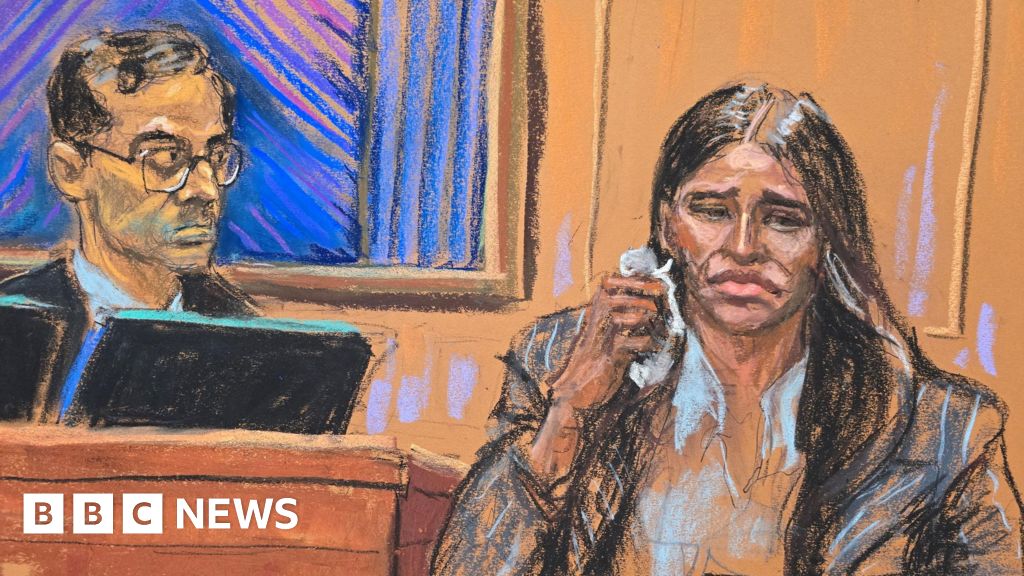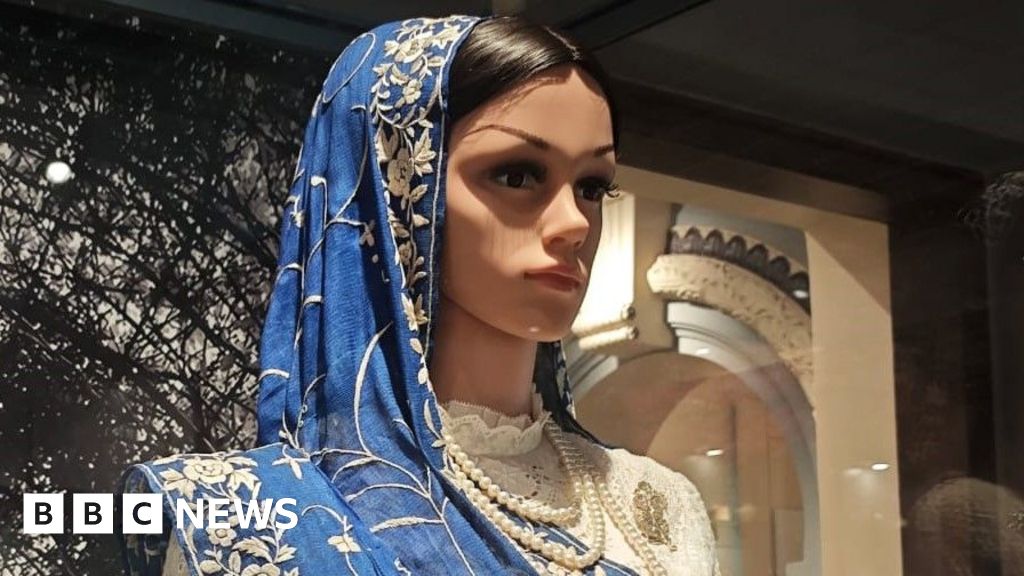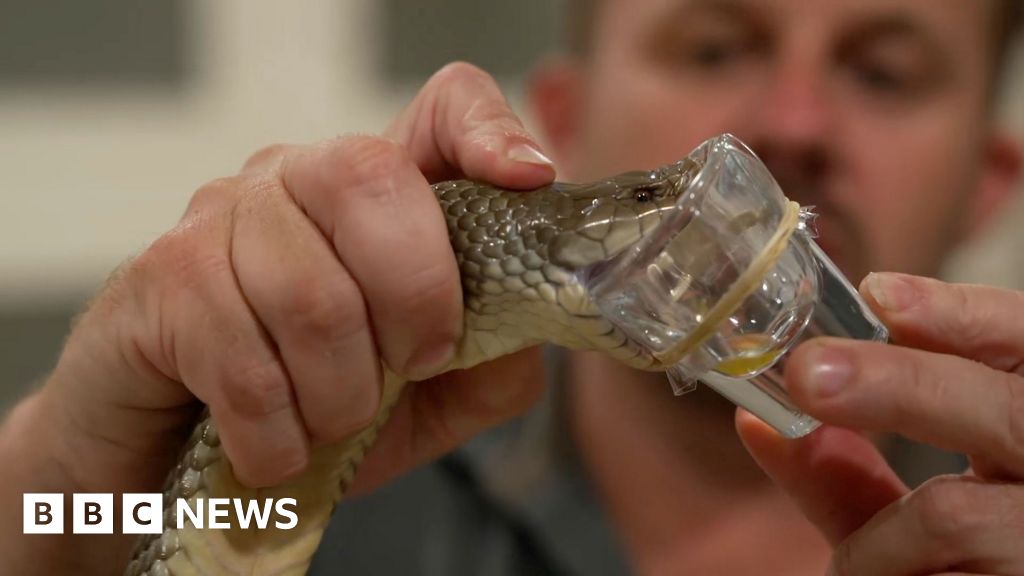ARTICLE AD BOX
Like many other Ukrainians, Volodymyr Dehtyarov has no idea how long the exile will last
The Russian invasion of Ukraine has torn apart the lives of millions. Many of those who were fleeing the country grew up under communism when Ukraine was part of the USSR - the Union of Soviet Socialist Republics. The BBC's Fergal Keane met two members of that older generation at a railway station in Lviv, western Ukraine, where they were trying to escape from Ukraine.
When he was a soldier in Afghanistan there was only him and the men he fought alongside. To fight the mujahideen in Kandahar meant looking out for each other. Nobody else mattered. The men were given their orders and they fought.
In those days Volodymyr Dehtyarov was a soldier of the USSR, not knowing then that the mission to save the pro-Moscow regime in Kabul was doomed.
"We were given our orders and we did our duty," he tells me. The old soldier is standing in a long line at Lviv railway station waiting to be evacuated to Poland along with his daughter, daughter-in-law and four of his grandchildren. His son and an autistic grandson have had to stay behind in Mykolaiv, southern Ukraine.
Volodymyr Dehtyarov - seen in this picture during his military service in Afghanistan - does not speak to the Russian veterans he once fought alongside any more
In his black-and-white photographs from that other war the background is bleached of detail by the harsh sunlight. He stands confidently, weapon cradled in his arms.
The photos, like his Afghan service medal, are mementos of a once mighty power and a time of comradeship forged in battle.
But the Red Army is long gone. And this new war has cleaved apart his friendships with the Russian veterans he once fought alongside.
"We no longer speak with each other," he says.
Volodymyr retired from the military with the rank of lieutenant colonel. He is aware of the propaganda being fed to Russians by their government, the characterising of Ukraine as a state run by Nazis and fascists.
When I ask what he thinks of such labels he laughs. It is a long, bitter laugh and he waves his arm towards the press of women and children and old people in the line around him.
"That's some question. Here? Nazis? Fascists? These people? Guys what are you talking about? These are not fascists or Nazis? Look at them. These are Ukrainians. It's simple."
The veteran boarded a train for Poland with his family group and was hoping to go further west, further into the European Union. Like everybody else here he has no idea how long the exile will last.
Valentyna Malyshkina doesn't even have a mobile phone - but hopes to get one from volunteers in Poland
Heading in the same direction - but alone - is 82-year-old Valentyna Malyshkina, from Kryvyi Rih in central Ukraine. She has a piece of paper in her hand upon which her daughter's phone number is written.
She explains that she does not have a mobile phone - but hopes to borrow one from a volunteer when she gets to Poland.
Where exactly was she going? She didn't know. Would anybody meet her? Again, she was not aware of anybody waiting in Poland. But so far the volunteers had been kind. They had given her food.
When her blood pressure went up and she felt faint they gave her a tablet to place under her tongue to relieve the symptoms of dizziness. Someone had found her a chair.
Every time the queue moves along somebody helps her to stand and go forward.
"I don't know anything. I am going. And that's it," she says. "I hope there are good people. That's all. I believe I won't be left behind."
I thought for a moment that it was brave to be so confident in the kindness of strangers.
Yet everything I have seen at Lviv station, and all I have heard about the reception for the elderly in Poland, suggests Valentyna is right. There will be welcome and comfort for the old woman as she moves into that unknown landscape in the eighth decade of her life.

 3 years ago
45
3 years ago
45








 English (US) ·
English (US) ·